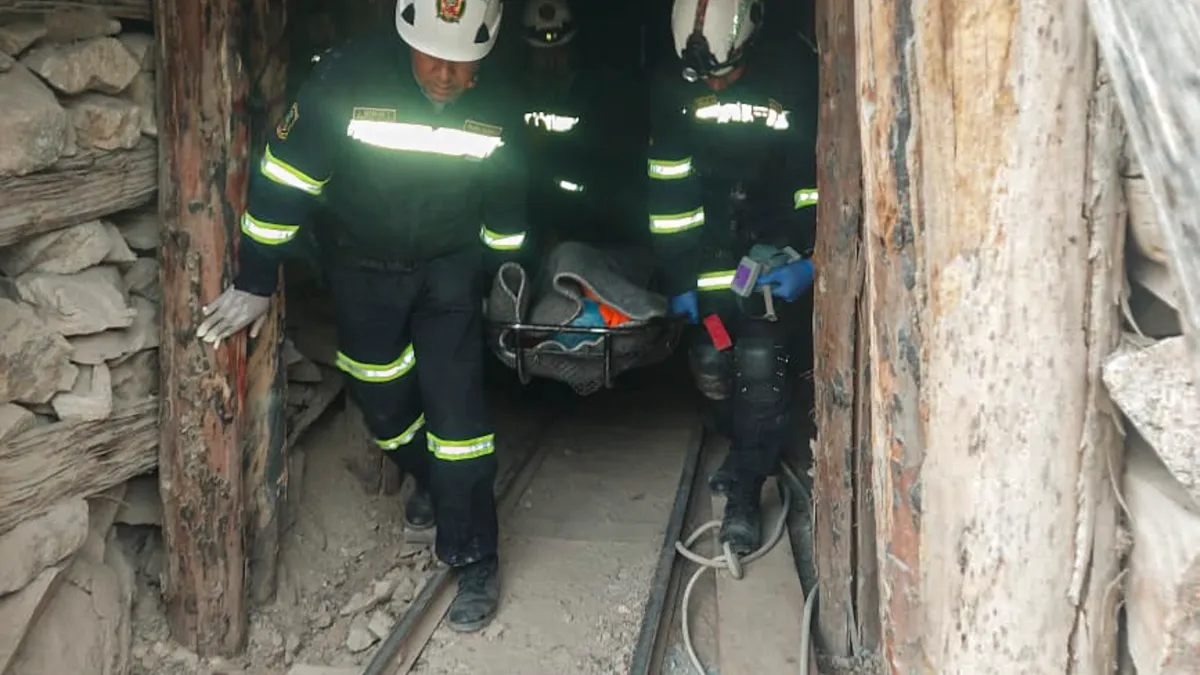Peruvian municipal officials say three killed in attack on informal mine | Mining News
Local officials say the death toll could rise as seven people are missing following the attack on New Year’s Eve.
Published On 1 Jan 2026
At least three people have been killed and seven remain missing following an attack on an informal mine in northern Peru, according to local officials.
In a video shared by the Peruvian news outlet Canal N on Thursday, Pataz Mayor Aldo Marino said the attack took place about an hour before midnight on New Year’s Eve.
Recommended Stories
list of 3 itemsend of list
“According to information I received from the police, three people were killed at a mine entrance, and seven are missing,” Marino said, noting that the final death toll could be as high as 15 as more bodies are recovered.
Details of the incident are still emerging, but informal mining operations are a frequent source of conflict in South America, as criminal groups jockey for control.
The latest incident took place near the town of Vijus, in the department of La Libertad in northwestern Peru.
Police reported that 13 miners had been killed in the same region last May. That incident prompted a stern response from local authorities, including the 30-day suspension of mining activities and a night-time curfew.
The region is known for its gold mines, including one of the largest in the world, Lagunas Norte.
But informal mines have also cropped up, as rural residents and criminal gangs try to carve a fortune from the mountains of Pataz, the province where the recent bloodshed unfolded.
In the wake of Wednesday’s incident, police have arrested two people, and an investigation is under way.
The news agency Reuters cited local prosecutors as saying that 11 shell casings had been recovered at the scene of the attack.
A mining company, Poderosa, also told the media that its security personnel had heard the gunfire and, after approaching the crime scene, discovered that three people were dead.
Many informal miners operate using temporary permits issued by the government, known as REINFO permits.
Reuters reported that the government suspended the permits of about 50,000 small-scale miners in July as part of a formalisation process, allowing about 30,000 to continue operations.
Peru exported $15.5bn worth of gold in 2024, compared with $11bn the year before. The country’s financial watchdog has estimated that about 40 percent of the country’s gold comes from illicit enterprises.
